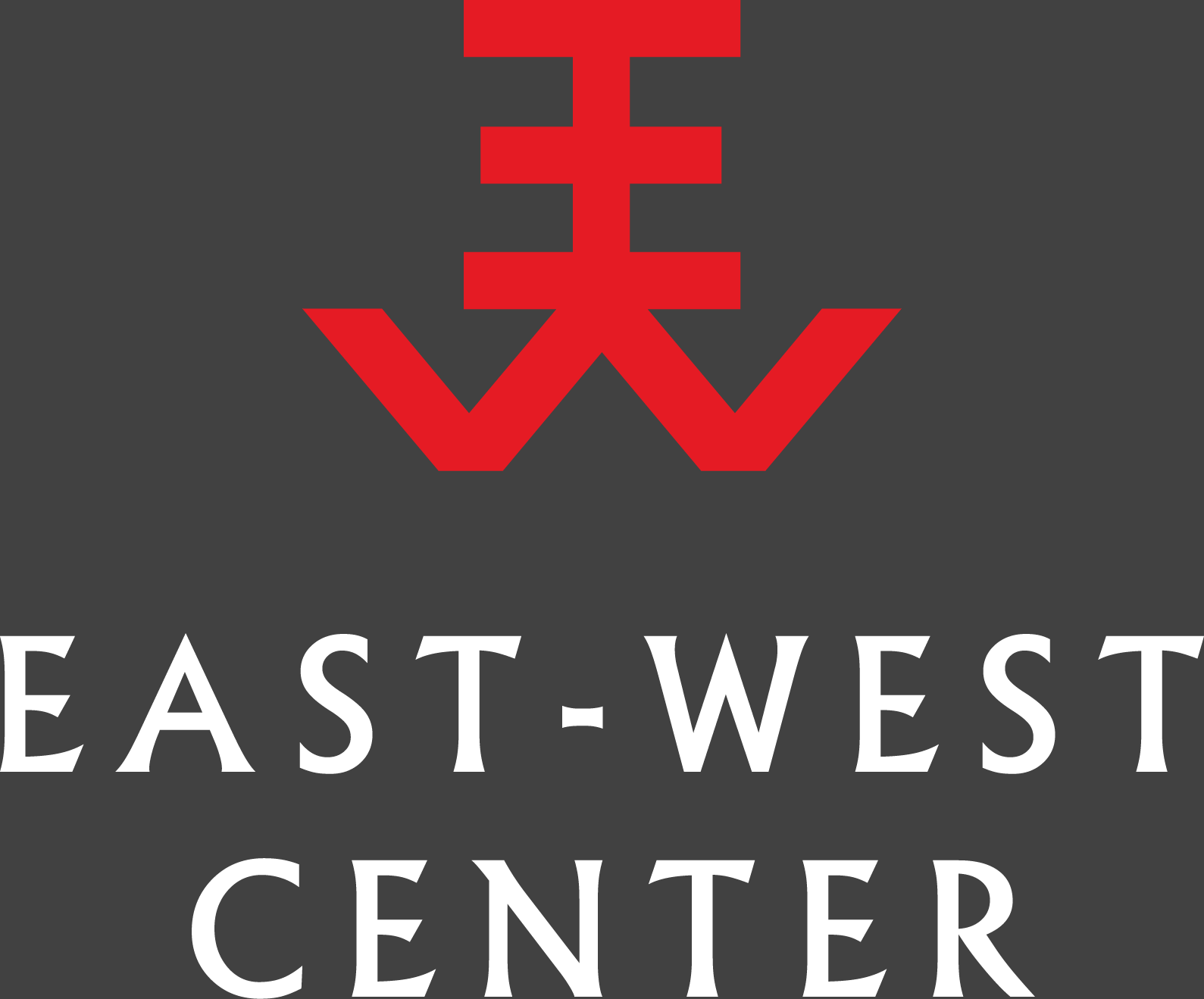►▼ Where is this data from, and what was the reason for collecting it?
North Korea in the World compiled this original dataset in order to assess trends in North Korea’s foreign relations over the past two decades, and to provide perspective on the scope and nature of Pyongyang's diplomatic outreach. It incorporates all known international travel by high-ranking North Korean officials for that period, identifying a total of 385 delegations to over 70 countries.
The dataset on high-level North Korean delegations abroad was principally collected from the Korean Central News Agency and other official North Korean media, and supplemented with reporting from international media.
Complete information on each delegation, including the highest-ranking North Korean official involved and the purpose or outcome of their travel, is included in the spreadsheet above the chart.
►▼ Who counts as a “high-ranking” North Korean official?
For the purposes of this dataset, individuals occupying the following positions are identified as “high-ranking” within the context of heading a delegation abroad:
- North Korea’s Supreme Leader
- Directors of Departments under the Central Committee of the Workers’ Party of Korea (ie the United Front Department, the International Department, etc…)
- The Chairman of the Committee for Peaceful Reunification of the Fatherland, an agency under the United Front Department that has operated as a counterpart to South Korea’s Ministry of Unification
- The Minister of People’s Armed Forces, the Director of the General Political Department, and the Chief of the General Staff Department of the Korean People’s Army
- The Minister of State Security, Minister of People’s Security, and Director of the Reconnaissance General Bureau
- The President and Vice Presidents of the Presidium of the Supreme People’s Assembly, as well as the Chairman of the Supreme People’s Assembly
- The Premier and Vice Premiers of the Cabinet
- The Minister of Foreign Affairs and Minister of External Economic Affairs
- Any other officials who are members of the State Affairs Commission, its predecessor the National Defense Commission, or the Politburo.
More information is available in the “Individuals Covered” tab of the spreadsheet above.
When the leader of a high-ranking North Korean delegation has multiple institutional affiliations (for example, if they have a high-ranking position in both the military and the Party), their delegation has been categorized in this dataset according to the affiliation emphasized in North Korean media reporting on their travel.
►▼ What are some of the trends in where high-ranking North Korean officials travel, or what their purpose for traveling is?
China is the most common destination for high-ranking North Korean delegations, accounting for 56 of the 385 delegations from the years 1998-2019 included in this dataset. Russia ranks a distant second with 36 delegations. Cuba, Laos, and Vietnam, as fellow socialist Party-States, round out the top five.
Approximately half the delegations included in this dataset traveled to other countries in Asia. Roughly equivalent numbers of delegations traveled to Africa, the Middle East, the Western Hemisphere, and Europe during the period covered.
North Korea sends high-ranking delegations abroad for a variety of purposes, including cultivating bilateral economic or political relations; attending multilateral summits; or having representatives at high-profile events such as the Olympics or presidential inaugurations.
In addition to traditional state-to-state diplomacy, North Korea also cultivates Party-to-Party relationships abroad. North Korean diplomacy with other Leninist Party-States often, though not exclusively, takes the form of such Party-to-Party relationships. Many high-level North Korean interactions with South Korea also take place in the form of Party delegations, rather than government delegations.
North Korea also occasionally sends military delegations abroad for the purpose of cultivating military-to-military relations, or to reflect the country’s “military-first” politics. In some instances, high-ranking officials from North Korea’s security services have also traveled abroad, presumably to cultivate ties with foreign intelligence and security services and to encourage the forced repatriation of North Korean refugees.
Although the frequency of the number of North Korean high-level delegations sent abroad tends to vary due to a number of factors, there is a notable decrease in the number of delegations sent abroad during periods of tension on the Korean Peninsula. In 2017, for example, as North Korea came under significant international pressure due to its repeated long-range missile and nuclear tests, the number of high-level delegations sent abroad fell to its lowest level since 2003 (also a year of heightened tension over the North Korean nuclear program). In 2018, however, the number of delegations abroad reached a record-high for the period covered by this dataset.





